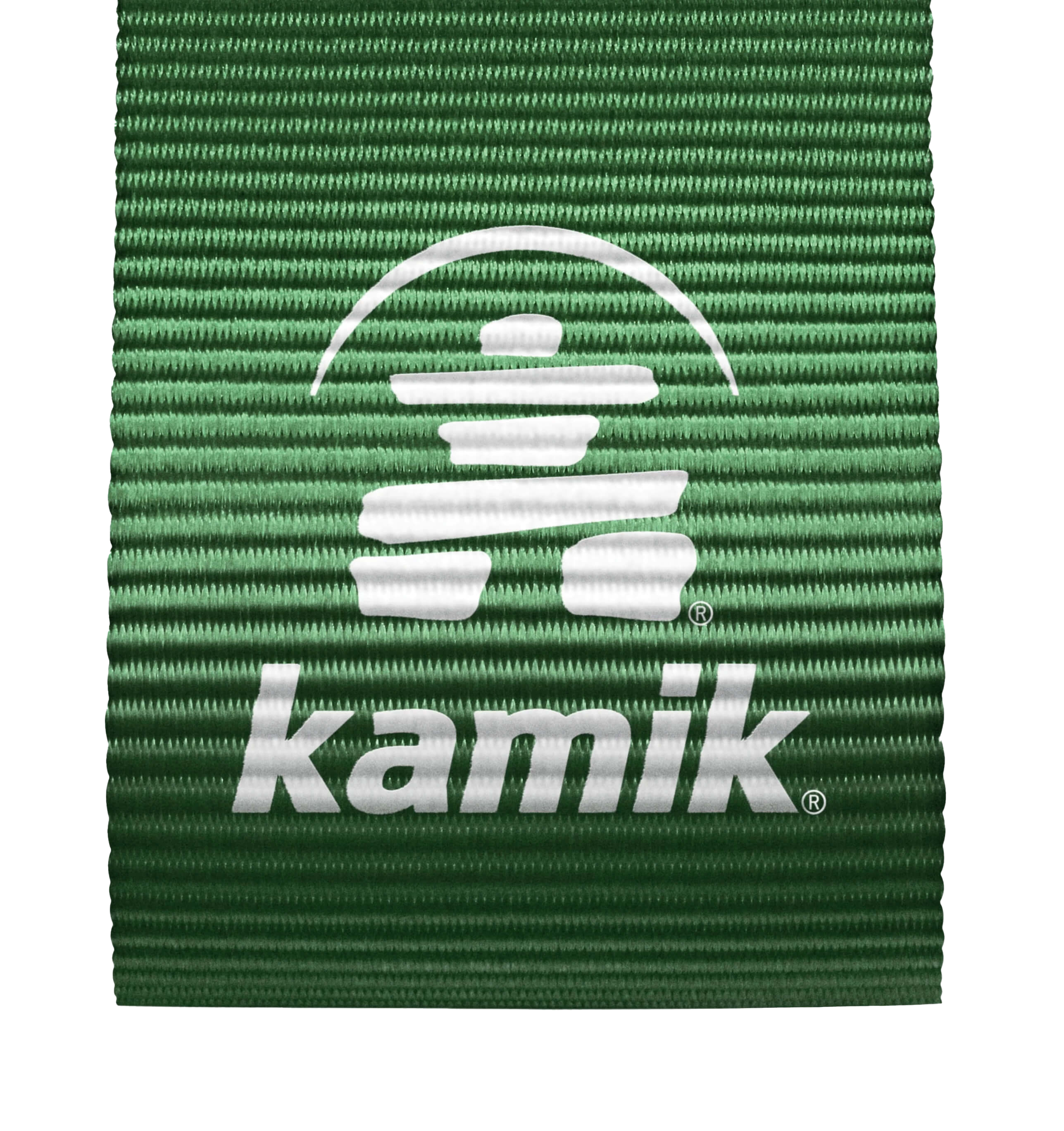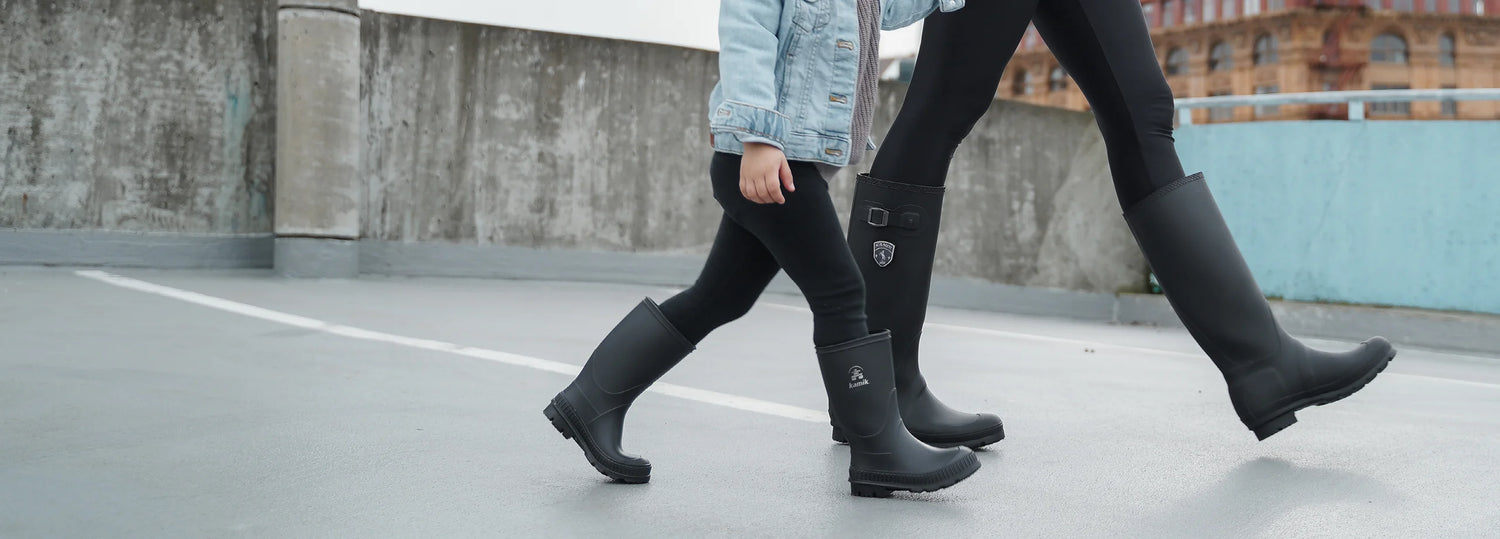Unlike our own childhood, we’ve noticed that today’s youth are spending a lot less time outdoors simply playing. Nearly one in five children only have one or fewer moments a week to play freely outside. Free play can act as a beneficial form of activity, helping to foster essential parts of child development be it social, creative and cognitive. That being said, we wanted to come up with ways to help maintain Outside Free Play all year round.
What is Outside Free Play?
According to the Canadian Public Health Association (CPHA), free play refers to a game that is organized by the child and preferably played outdoors. It is an activity that encourages the child to develop their imagination. Supervision is only needed to facilitate the game or in case of inconvenience. The child is therefore in control of their fun and can give way to their creativity! Contrary to popular belief, back-to-school season doesn’t have to mean that time for free play is over. The following are ways to integrate and maintain free play at home and at school once summer comes to an end.
How to practice Outside Free Play at home
Back-to-school usually means kids’ schedules start filling up with a bunch of after-school, structured activities. So, how do you keep a place for free play when school starts again? Checkout this article: “6 ways to protect our child’s playtime” (Nair, 2014). Here are two tips that we thought really embodied the #FreeYourPlay initiative. |
Firstly, encouraging “interested activities” rather than scheduled ones. This means that if your child wants to play a certain game or take part in an activity as opposed to what was planned, try going along with it.
Secondly, and this is a key part of Outside Free Play, try bringing them to different environments for playtime. Exploring new and unique environments will help them use their own imagination to create fun and dynamic play situations.
For more free play activity ideas, make sure to head on over to our #FreeYourPlay content hub for a wide range of activities that can be enjoyed year-round!
CLICK FOR FREE PLAY ACTIVITY IDEAS
How to integrate Outside Free Play at school
Growing up,children end up spending most of their time at school. This might seem obvious, but one way to keep free play present is through recess. These play periods allow young people to choose their game, make their own choices and interact with their friends and classmates in their own way. If recess periods were extended, children would be able to spend their free time playing and developing their social and problem-solving skills. (CPHA, 2019) Another method of including free play into their already busy schedules is during Physical Education classes. Usually, P.E. tends to be structured periods of scheduled and specific activities. Quite the opposite of free play. That is why it would need to be incorporated without throwing the curriculum out the window. For example, there could be ten minutes before or after class to let the children release their energy as they wish, ideally outside.
Finally, according to the CPHA, Outside Free Play not only increases the level of physical activity of young people, but it also improves attention, concentration and memory. Also, free play for kids is a great way to strengthen social and emotional learning while promoting resilience and self-regulation. (CPHA, 2019) We hope these tips will make it easier for you to integrate free play throughout the busy school year!
References :
Canadian Public Health Association (2019). Children’s Unstructured Play. URL :
https://www.cpha.ca/childrens-unstructured-play
Kamik (2018) Are we squeezing to many activities in our children’s schedule ? Kamik Blog. URL :
http://blog.kamik.com/free-your-play-movement/
Nair, A. (2014) 6 Ways to protect our child’s playtime. Motherhood Unfiltered.YMC. URL:
http://www.yummymummyclub.ca/blogs/andrea-nair-button-pushing/20140305/protecting-our-childs-playtime?n


